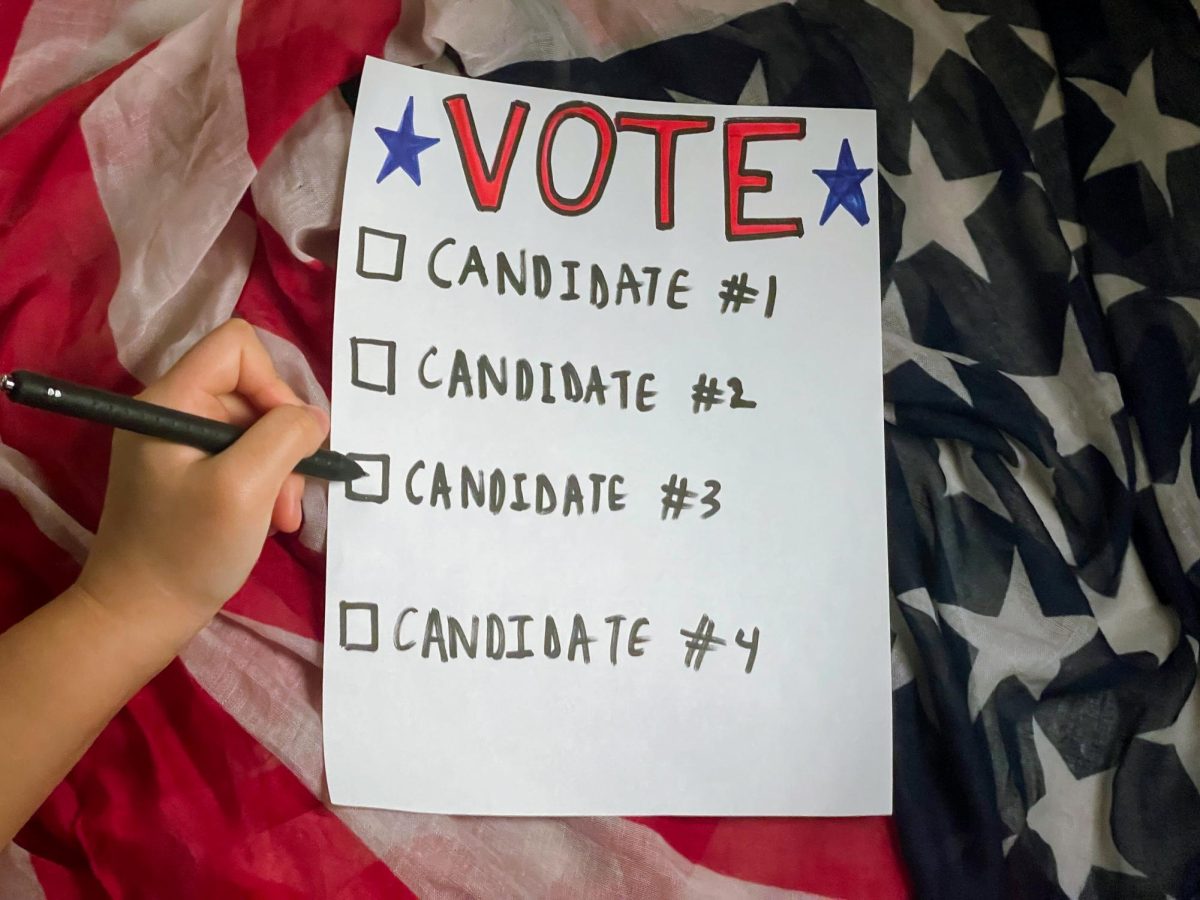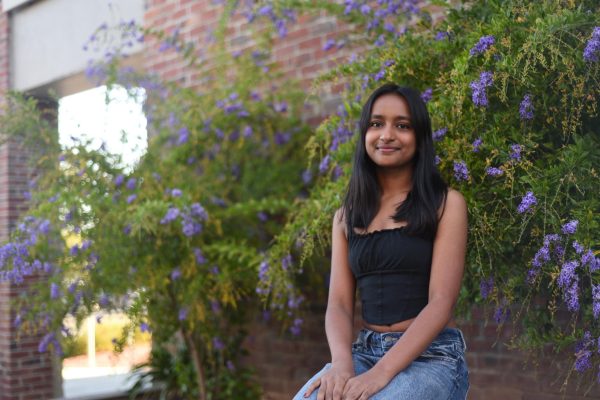As seniors turn 18 and become eligible to vote in an election year, these young adults have the opportunity to participate in politics. According to California’s Secretary of State, 12.7% of eligible teens have pre-registered to vote as of Jan. 2024. For Santa Clara County, the number is higher at 14.5%. More than 8 million new voters will have a chance to vote this electoral cycle, allowing for a new generation of perspectives to play a role in the upcoming election.
Senior Madeleine Ischo, who recently turned 18 and has registered to vote, has already received her ballot. As a citizen, she believes it is a duty of hers to participate in the upcoming elections.
“It’s my way of making my voice heard, and it’s my way of contributing to the greater whole,” Ischo said. “I’m not like a political activist or anything. It’s just a small way I can do my part for the country.”
When it comes to the school’s role in fostering young voters’ knowledge about politics, U.S. History teacher Usiel Meraz-Cerna believes it’s important to educate students on how to critically analyze political speech. In history and government classes, students are expected to understand elections and the political system of the U.S., both within a broader historical context and modern situations.
“One historian said that there’s no such thing as being neutral on a moving train,” Meraz-Cerna said. “We’re all on a moving train, whether we like it or not. You’re part of it and you have to understand the world around you, because otherwise you’re more susceptible to lies and persuasion.”
Meraz-Cerna believes the purpose of social science classes is to produce educated citizens by ensuring they are aware of basic political structures and understand the mistakes of the past to help build towards a brighter future. He emphasizes how once students graduate from high school and become full-fledged members of society, they will have to make decisions about how to participate in politics and have well-informed perspectives.
MVHS alum Krish Dev ‘23 believes students, especially new voters, should immerse themselves in politics at their local level, which are often shadowed by the media’s coverage of larger elections, to directly make an impact on their community and address issues that affect their everyday lives.
“I think the most important thing, especially because we’re in California, is to vote for the propositions because they have the most direct impact on us,” Dev said. “I would say we have a lot more say in what happens in local politics than national politics.”
Ischo gets a lot of her information through word of mouth. She understands that she is less likely to hear about local elections in comparison to the extensive coverage of national elections and plans on educating herself.
“With Congressional news, you have to dig deeper, because with the presidential election, you’re going to hear about it regardless,” Ischo said. “It’s going to be the top story, because it’s what the people pay the most attention to. You have to pay more attention to Congressional news. I was walking around my neighborhood one day and there was this man who was passing out papers. He was running for Congress, so that was a lucky way to meet and talk to one of them.”
Dev says it is important for schools to inform their students about local news, as these changes have the most direct impact on the Cupertino community. He believes watching Cupertino Board meetings can keep people informed. He also highlights how sources such as Ballotpedia or Calmatters can help students keep in touch with current news and elections.
“We’re lucky to be able to vote, and so we should not waste our vote,” Dev said. “Make sure to research thoroughly through all the issues with the candidates, so you can make the best decision. It not only impacts us, but it impacts all the people around us and future generations as well.”










